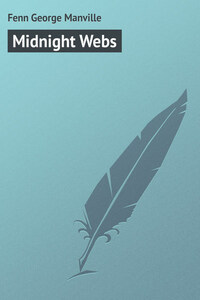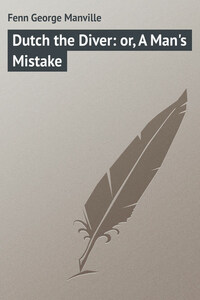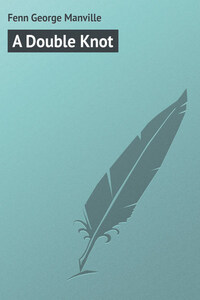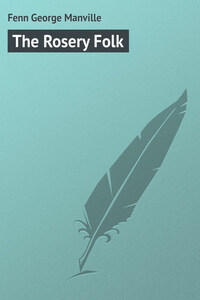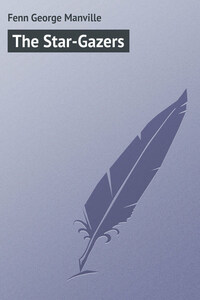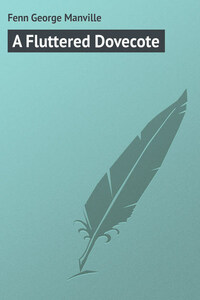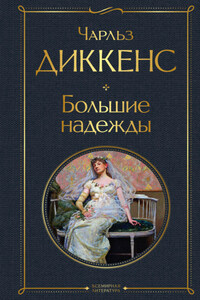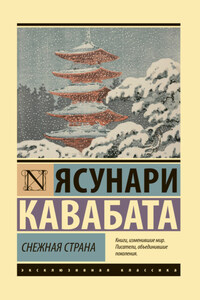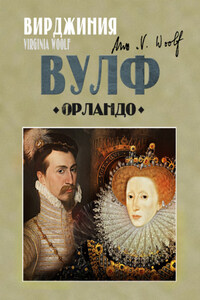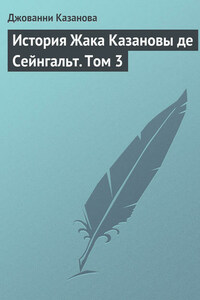I’ve waited these many years, expecting some one or another would give a full and true account of it all, but little thinking it would ever come to be my task; for it’s not in my way. But seeing how much has been said about other parts and other people’s sufferings, while ours never so much as came in for a line of newspaper, I can’t think it’s fair; and as fairness is what I always did like, I set to, very much against my will; while, on account of my empty sleeve, the paper keeps slipping and sliding about, so that I can only hold it quiet by putting the lead inkstand on one corner, and my tobacco-jar on the other. You see, I’m not much at home at this sort of thing; and though, if you put a pipe and a glass of something before me, I could tell you all about it, taking my time like, it seems that won’t do. I said: “Why don’t you write it down as I tell it, so as other people could read all about it?” But “No,” he says; “I could do it in my fashion; but I want it to be in your simple unadorned style; so set to and do it.”
I daresay a good many of you know me – seen me often in Bond-street, at Facet’s door – Facet’s, you know, the great jeweller’s, where I stand and open carriages, or take messages, or small parcels with no end of valuables in them; for I’m trusted. Smith, my name is – Isaac Smith; and I’m that tallish grisly fellow with the seam down one side of his face, his left sleeve looped up to the button, and not a speck to be seen on that “commissionnaire’s” uniform, upon whose breast there are three medals.
I was standing one day, waiting patiently for something to do, when a tallish gentleman came up, nodded as if he knew me well; and I saluted.
“Lose that limb in the Crimea, my man?”
“No, sir; Mutiny,” I said, standing as stiff as use had made nature with me.
And then he asked me a heap more questions; and I answered him; and the end of it was, that one evening I went to his house, and he had me in, and did what was wanted to set me off. I’d had a little bit of an itching to try something of the kind, I must own, for long enough; but his words started me; and in consequence I got a quire of the best foolscap paper, and a pen’orth of pens; and here’s my story.
Dub-dub-dub-dub-dub-dub. Just one soft beat given by the boys in front – the light sharp tap upon their drums, to mark the time for the march – and in heavy order there we were, Her Majesty’s 156th regiment of Light Infantry, making our way over the dusty roads with the hot morning sun beating down upon our heads. We were marching very loosely, though; for the men were tired, and we were longing for the halt to be called, so that we might rest during the heat of the day, and then go on again. Tents, baggage-wagons, women, children, elephants – all were there; and we were getting over the ground at the rate of about twenty miles a day, on our way up to the station, where we were to relieve a regiment going home.
I don’t know what we should have done if it hadn’t been for Harry Lant, the weather being very trying – almost as trying as our hot red coats and heavy knapsacks and flower-pot busbies, with a round white ball like a child’s plaything on the top; but no matter how tired he was, Harry Lant had always something to say or do; and even if the colonel was close by, he’d say or do it. Now, there happened to be an elephant walking along by our side, with the captain of our company, one of the lieutenants, and a couple of women in the howdah; while a black nigger fellow, in clean white calico clothes, and not much of ’em, and a muslin turban, and a good deal of it, was striddling on the creature’s neck, rolling his eyes about, and flourishing an iron toasting-fork sort of thing, with which he drove the great flap-eared patient beast. The men were beginning to grumble gently, and shifting their guns from side to side, and sneezing, and coughing, and choking in the kicked-up dust, like a flock of sheep, when Captain Dyer scrambles down off the elephant, and takes his place alongside us, crying out cheerily: “Only another mile, my lads, and then breakfast.”
We gave him a cheer, and another half-mile was got over; when once more the boys began to flag terribly, and even Harry Lant was silent, which, seeing what Harry Lant was, means a wonderful deal more respecting the weather than any number of degrees on a thermometer, I can tell you. But I looked round at him, and he knew what I meant; and, slipping out, he goes up to the elephant. “Carry your trunk, sir,” he says; and taking gently hold of the great beast’s soft nose, he laid it upon his shoulder, and marched on like that, with the men roaring with laughter.
“Pulla-wulla. Ma-pa-na,” shouted the nigger who was driving, or something that sounded like it; for of all the rum lingoes ever spoke, theirs is about the rummest, and always put me in mind of the fal-lal-la or tol-de-rol chorus of a song.
“All right. I’ll take care!” sings out Harry; and on he marched, with the great soft-footed beast lifting its round pats and putting them down gently, so as not to hurt Harry; and, trifling as that act was, it meant a great deal, as you’ll see if you read on, while just then it got our poor fellows over the last half-mile without one falling out. And then the halt was called; men wheeled into line; we were dismissed; and soon after we were lounging about, under such shade as we could manage to get in the thin topes of trees.
